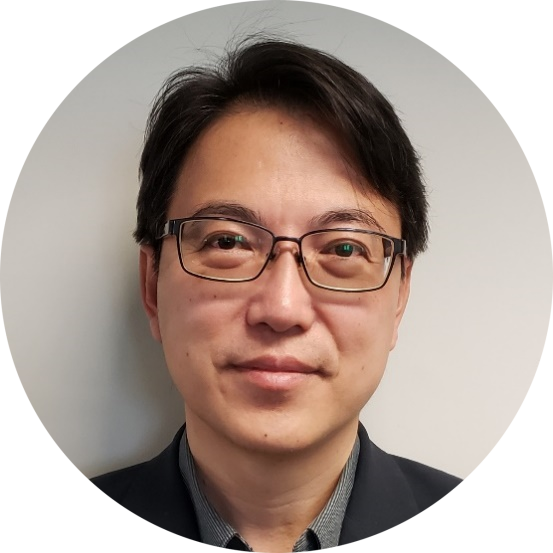
Prof. Jochen Wirtz
National University of Singapore (NUS), Singapore
Speech Title: Agentic AI Meets Service Robots: Implications for Firms, Markets & Society
Abstract: GenAI and its large language models (LLMs), large behavioral models (LBMs), agentic AI, and their no-code feature will transform service robots in physical face-to-face service encounters, automate more complex service tasks, democratize robot training, and also cause critical ethical challenges. This talk will explore the implications of GenAI-powered service robots for firms, markets and society.
Biography: Jochen Wirtz is Vice Dean MBA Programs and Professor of Marketing at the National University of Singapore. He has published over 200 academic articles and books, including Agentic Artificial Intelligence: Harnessing AI Agents to Reinvent Business, Work and Life (2025), Intelligent Automation: Learn How to Harness Artificial Intelligence to Boost Business & Make Our World More Human (2021), Services Marketing: People, Technology, Strategy (2022, 9th edition), and Essentials of Services Marketing (2023, 4th edition). He is the winner of over 60 awards including the Christopher Lovelock Career Contributions to the Services Discipline Award and the Christian Grönroos Service Research Award. Download his recent work from JochenWirtz.com and follow his work on ResearchGate (https://www.researchgate.net/profile/Jochen_Wirtz) and LinkedIn (https://www.linkedin.com/in/jochenwirtz

Prof. Andrew Beng Jin Teoh
Yonsei University, South Korea
Biography: Andrew Beng Jin Teoh received his BEng
(Electronic) in 1999 and Ph.D. degree in 2003 from the National University of
Malaysia. He is currently a full professor in the Department of Electrical and
Electronic Engineering at Yonsei University, South Korea. His research,
supported by the National Research Foundation of Korea, Brain Pool, Microsoft
Research Asia (MSRA), and the Electronics and Telecommunications Research
Institute (ETRI), spans machine learning, AI, biometrics, and biometric
security. He has authored approximately 400 peer-reviewed publications in
leading international journals, conferences, and book chapters, including TPAMI,
TIP, CVPR, ICCV, ECCV, and ACM MM, and has published two books. He has been
listed among the world’s top 2% scientists by Elsevier and Stanford University.
His editorial service includes Guest Editor of IEEE Signal Processing Magazine,
Senior Associate Editor of IEEE Transactions on Information Forensics and
Security, Associate Editor of the IEEE Biometrics Compendium and Elsevier’s
Machine Learning with Applications, and Editor-in-Chief of the IEEE Biometrics
Council Newsletter.
More speakers will be announced soon....
Keynote Speakers of CCCIS2025 |
 |
|
 |
|
 |
|
 |
| Prof. Sam KWONG Tak Wu
Lingnan University, Hong Kong,
China
Fellow of IEEE, Fellow of the US National Academy of
Innovators
Fellow of the Hong Kong Academy of Engineering and Sciences |
|
Prof. Qingfu Zhang
City University of Hong Kong, Hong
Kong, China
Fellow of IEEE |
|
Prof. Francis Chin
University of Hong Kong, China
Fellow of IEEE, HKIE and HKACE |
|
Prof. Wai Lun LO
Hong Kong Chu Hai College, China
Head of Department of Computer Science
Director of Research and
Curriculum Innovation |